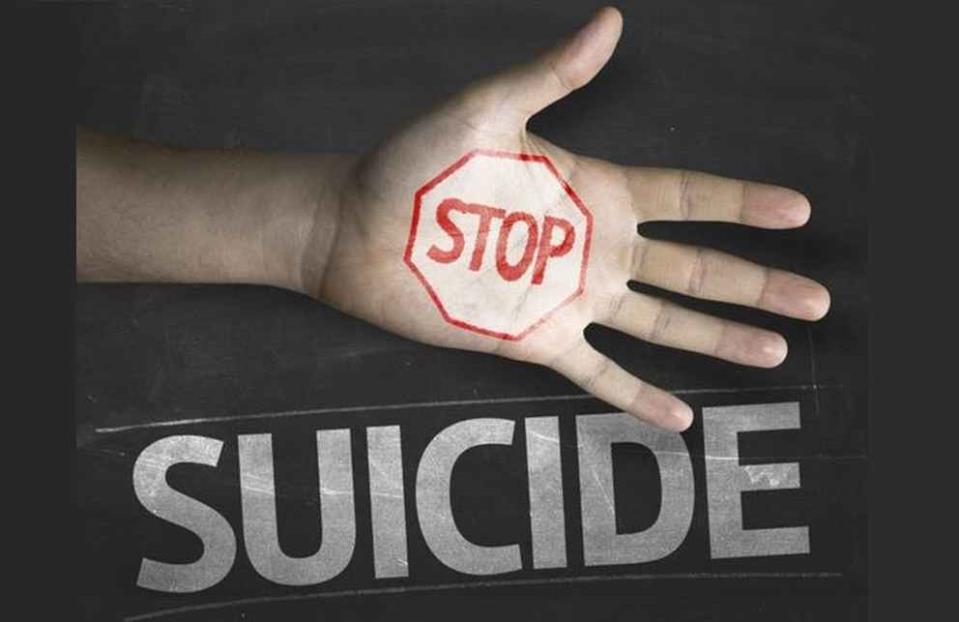Crisis Resolution Malta prevented six people from committing suicide over the Christmas period through their first 'Suicide Watch 10' initiative.
The team, established in 2010 and consisting of post-graduate crisis professionals who were on call 24/7, collaborated with the Police Force, the staff of the Polyclinic and anyone else from the general public who offered their help.
Being on call 24/7 is something the crisis professionals are constantly doing throughout the year, but since the Christmas period in particular sometimes causes vulnerable people to see a contrast between themselves and others, particularly men, the collaboration is necessary to emulate what is already being done abroad.
The team also take notes and collect data on those who have committed suicide and where, when, why and how this happens.
Suicide Watch 10
Crisis psychiatrist Dr Mark Xuereb explained that the idea of Suicide Watch 10 is about reaching out to save lives. "The fact that we saved six lives humbles us. It saves a lot of pain and suffering."
Each one of the six individuals who were helped are now back on track - they are receiving therapy and anything else they may need in the context of rehabilitation, psychology, medication and, where necessary, even admission to supervised care.
"None of them needed to be admitted, which is a good thing, but they are obviously monitored fairly intensively in the community by a team of professionals."
Christmas Eve and New Year's Eve posed a challenge for the team as they received an average of eight calls a day.
Dr Xuereb clarified that whilst not all calls were necessarily related to imminent risk to self, they were a way of helping those individuals who were vulnerable.

"People who could see the contrast between themselves and others making merry.
"This is not about being weak or strong, because we are all at times weak, strong, smart, and stupid. But we live with various challenges which help us learn how to grow as human beings."
He even shared a quote from one Maltese man's call to emphasise what a dark place some souls find themselves in: "I don't have anything left to live for. My family has left me alone, I've lost my job and I do not deserve to live."
Dr Xuereb explained that research also tends to be very mixed in this area.
"Whilst some people say that the Christmas period can be a safer time when it comes to suicide and self-harm because there tend to be more charitable organisations and initiatives available, we also have people who are depressed or are going through a crisis and see that as more of a contrast and say to themselves: "those people are enjoying themselves; why can't I enjoy myself?"
"Over the years, research on the function of a crisis team has always been mixed, meaning that people used to say that crisis teams helped to reduce admissions, and they do, but statistically they are not so significant.
"What is significant, however, is that they minimise mortality, morbidity and nip mental illness in the bud. This minimises medication, doctor visits and admission as well.
"Crisis teams are useful - they provide and serve a very important function in the context of a national suicide prevention strategy."

What's next?
Dr Xuereb says he hopes that the crisis team can be further strengthened to make it strong enough at a national level, extending the service to round-the-clock access, with the help of doctors, nurses, psychologists, social workers and even lawyers and spiritual directors, if necessary.
Anyone who can actually help in the context of a one-stop-shop service to channel people appropriately and efficiently.
"Let's not forget that the big risk factors for suicide and self-harm are drugs, alcohol, being male, separation and/or divorce, or going through a major negative life event such as loss of income, social isolation, loss of employment, etc., which are all very important risk factors for which crisis professionals are trained."
The team also hopes to crystallise a protocol they already have with the Police Force and continue providing support to both the victims and their families.
Apart from the victims themselves, anyone connected to them are also at a 60 per cent risk of losing their job and 80 per cent of dropping out of education, making it a trans-generational legacy of pain and suffering.
"Life is not perfect and, in the words of Irvin D. Yalom: "If you want to choose the pleasure of growth, prepare yourself for some pain.
"Happy doesn't mean perfect; happy doesn't mean that you won't have your challenges, but if anybody is facing their own crises, you know where to get help."
Free 24/7 Crises line 9933 9966 or Facebook (Crises ResolutionMalta) or [email protected]